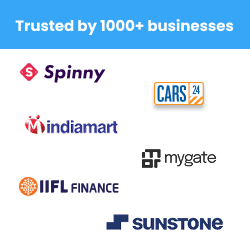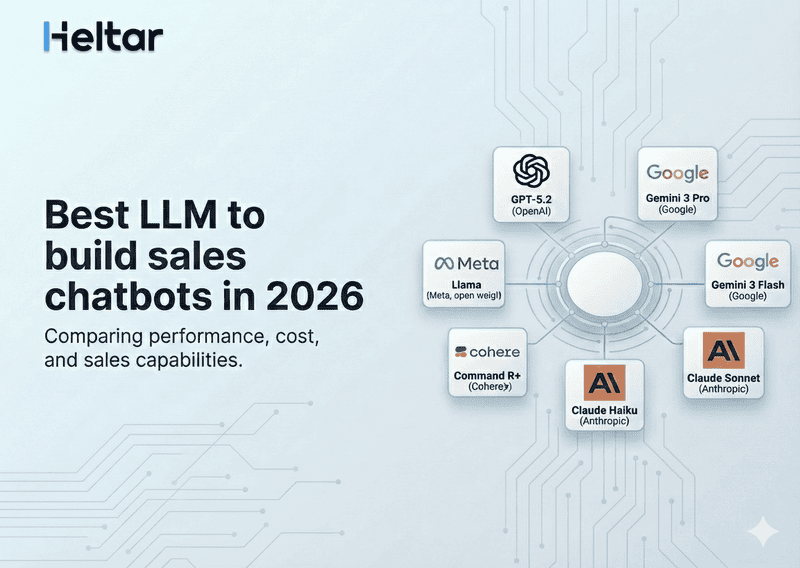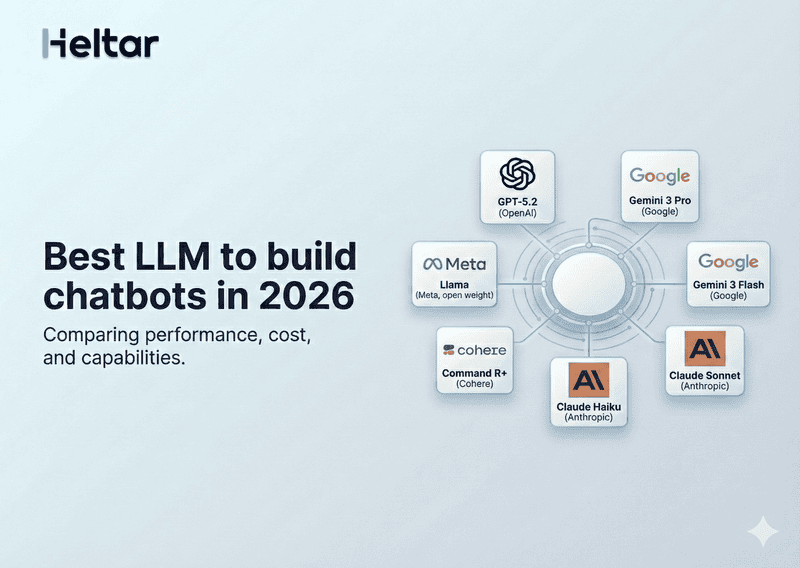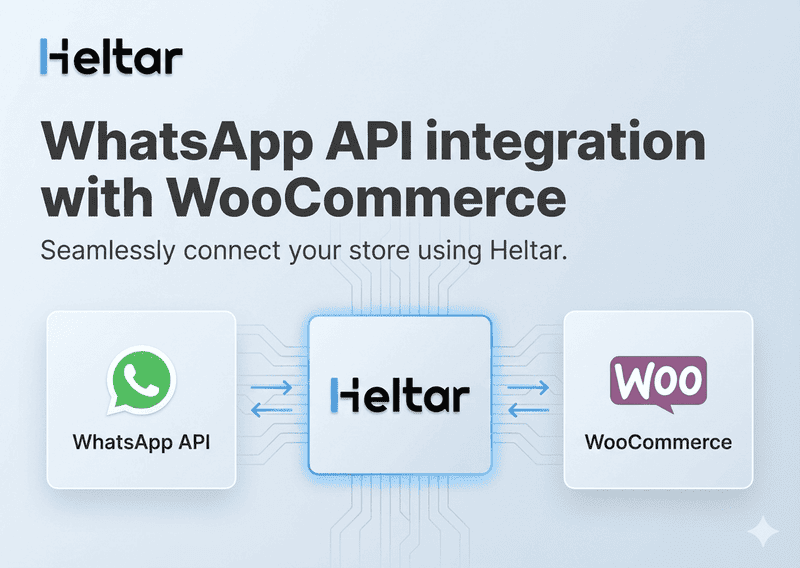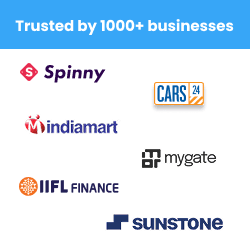Tidio’s chatbot feature offers an easy and efficient way to automate conversations on your website. With its intuitive drag-and-drop builder, AI Service and ready-made templates, creating a chatbot requires no coding knowledge—just a few simple steps to get started.
Steps to Design your first Chatbot
Step 1: Define Your Chatbot’s Purpose
Before creating your chatbot, decide:
What problem will it solve?
Who are your target users?
Where do you want it to appear (website, social media, etc.)?
Having a clear purpose will make your chatbot more effective.
Step 2: Start Building on the Tidio Dashboard
Open your Tidio Dashboard to choose to create a bot using a template or build from scratch. Click "Add from Scratch" to design a custom chatbot.
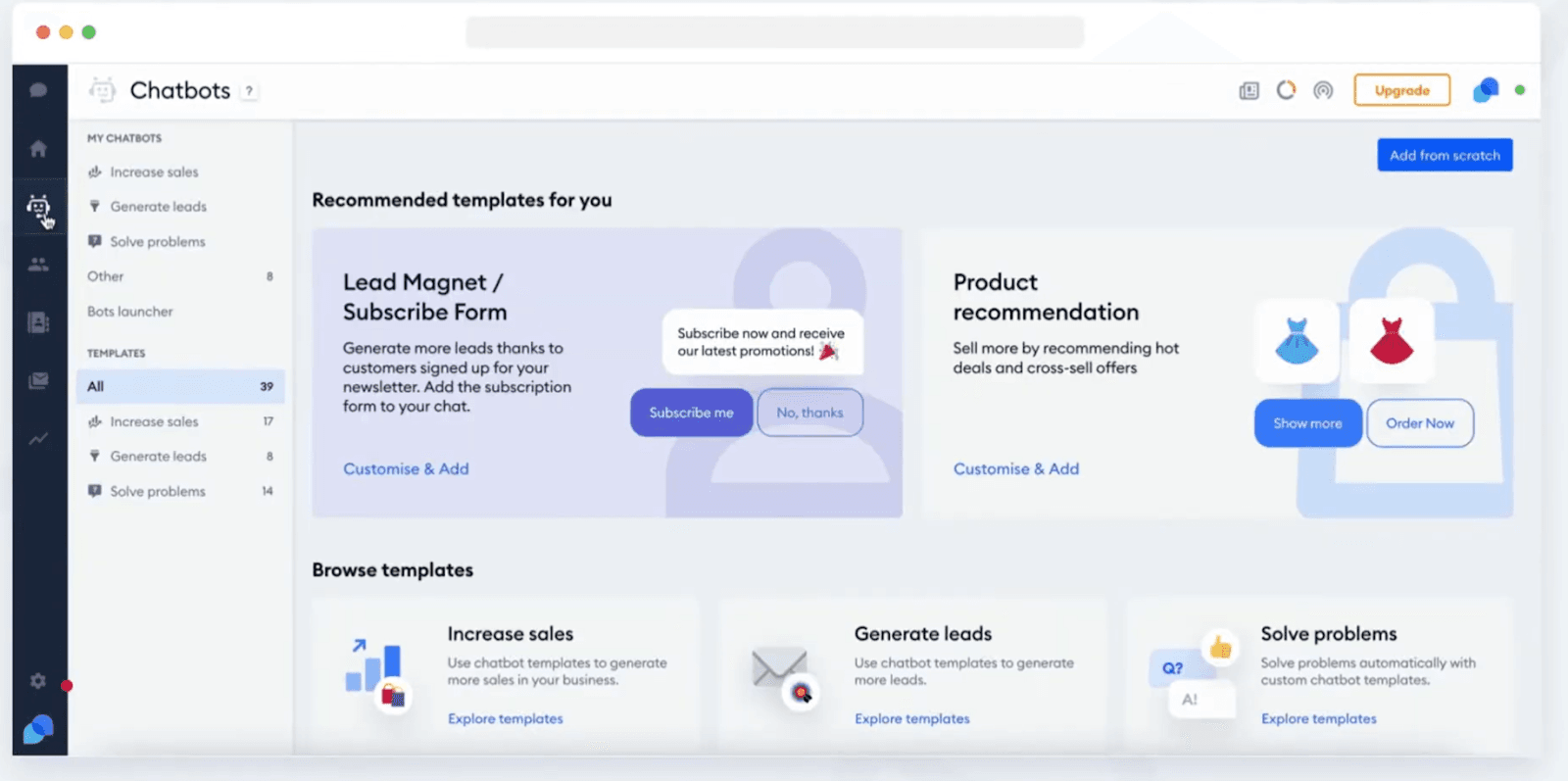
In Tidio, chatbot flows are built using three types of nodes:
Triggers—Define when the bot should start responding.
Actions—Decide what the bot should do (send messages, ask questions, etc.).
Conditions—Set rules to make interactions smarter and more personalized.
Step 3: Configure Your Chatbot’s Flow
Select a Trigger to determine when the chatbot should activate.
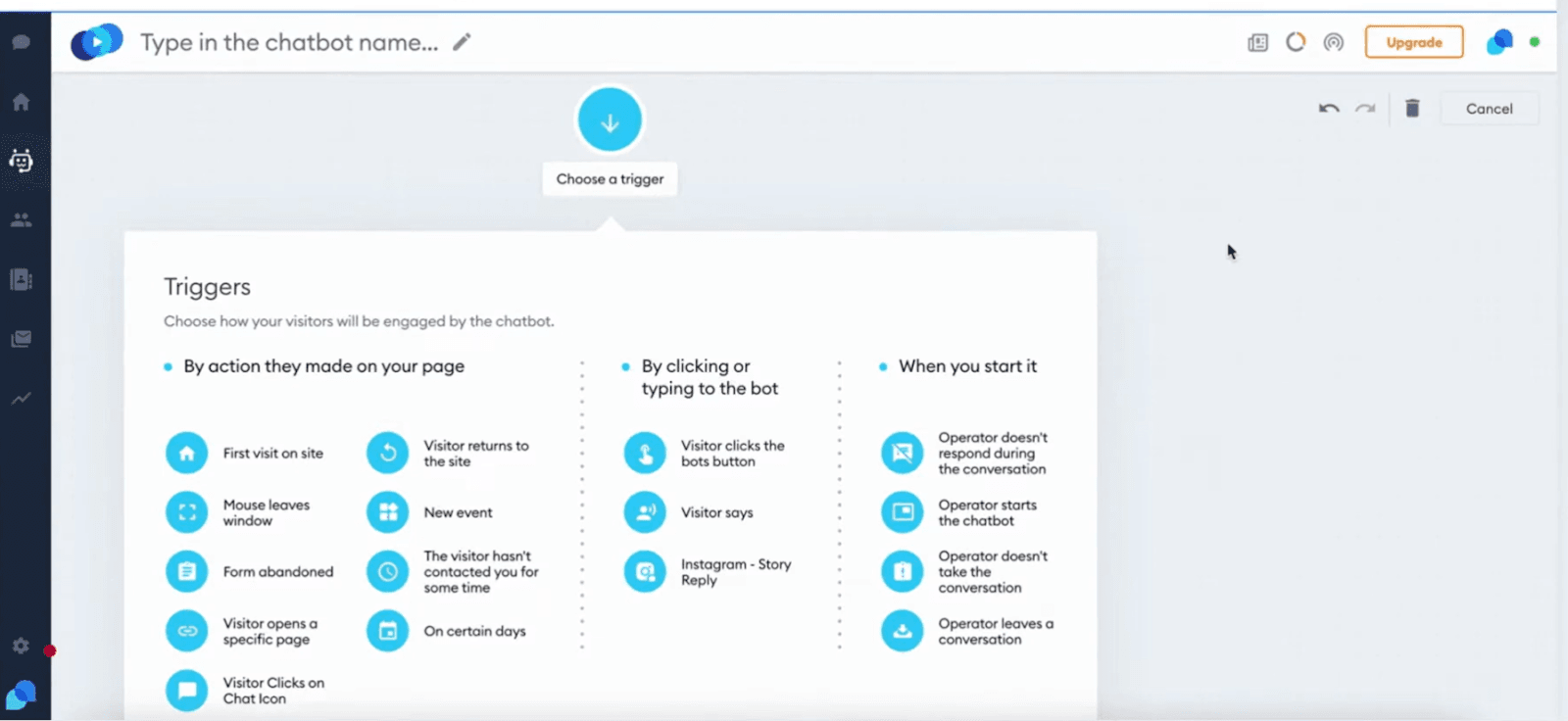
Customize the trigger to match user behavior and preferences.
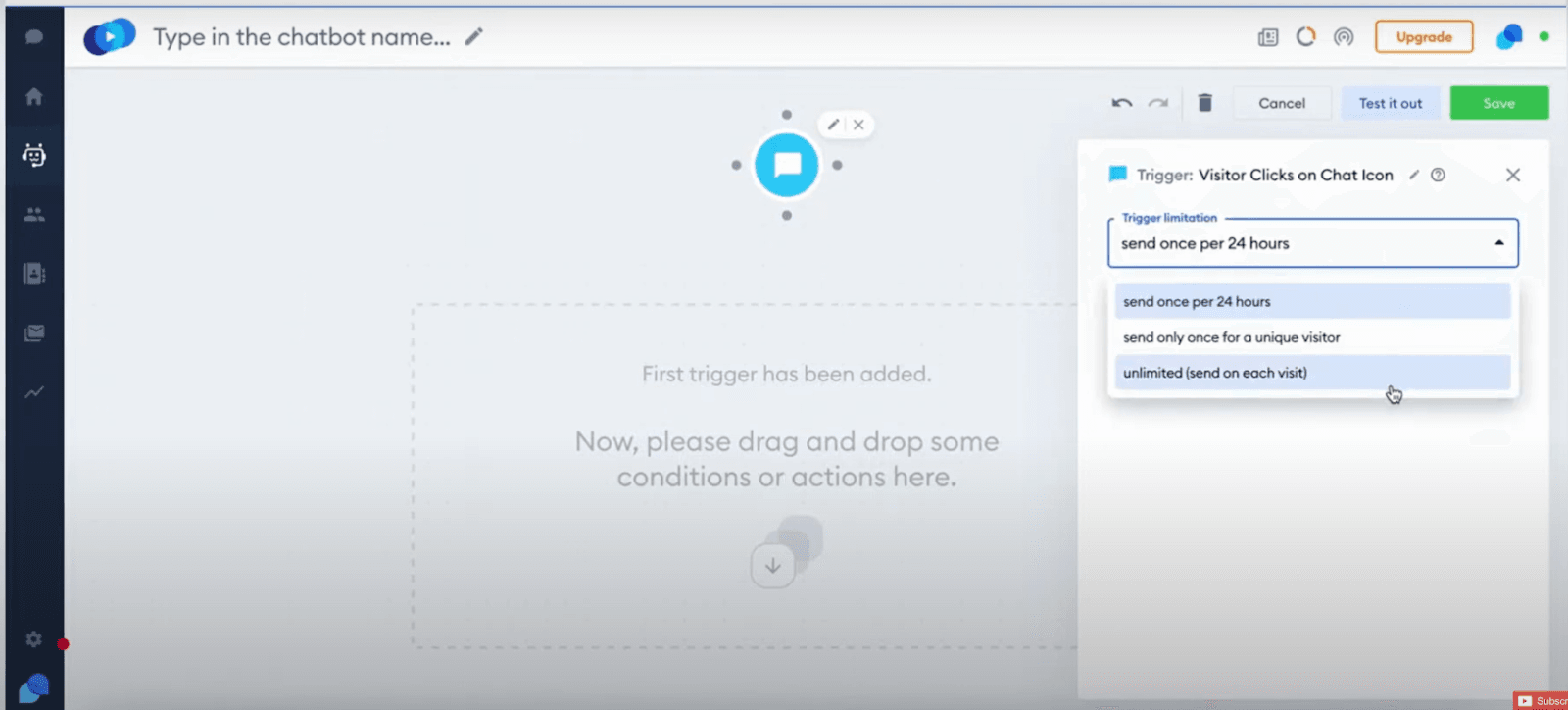
Pick Actions, such as sending messages, asking questions, or making decisions.
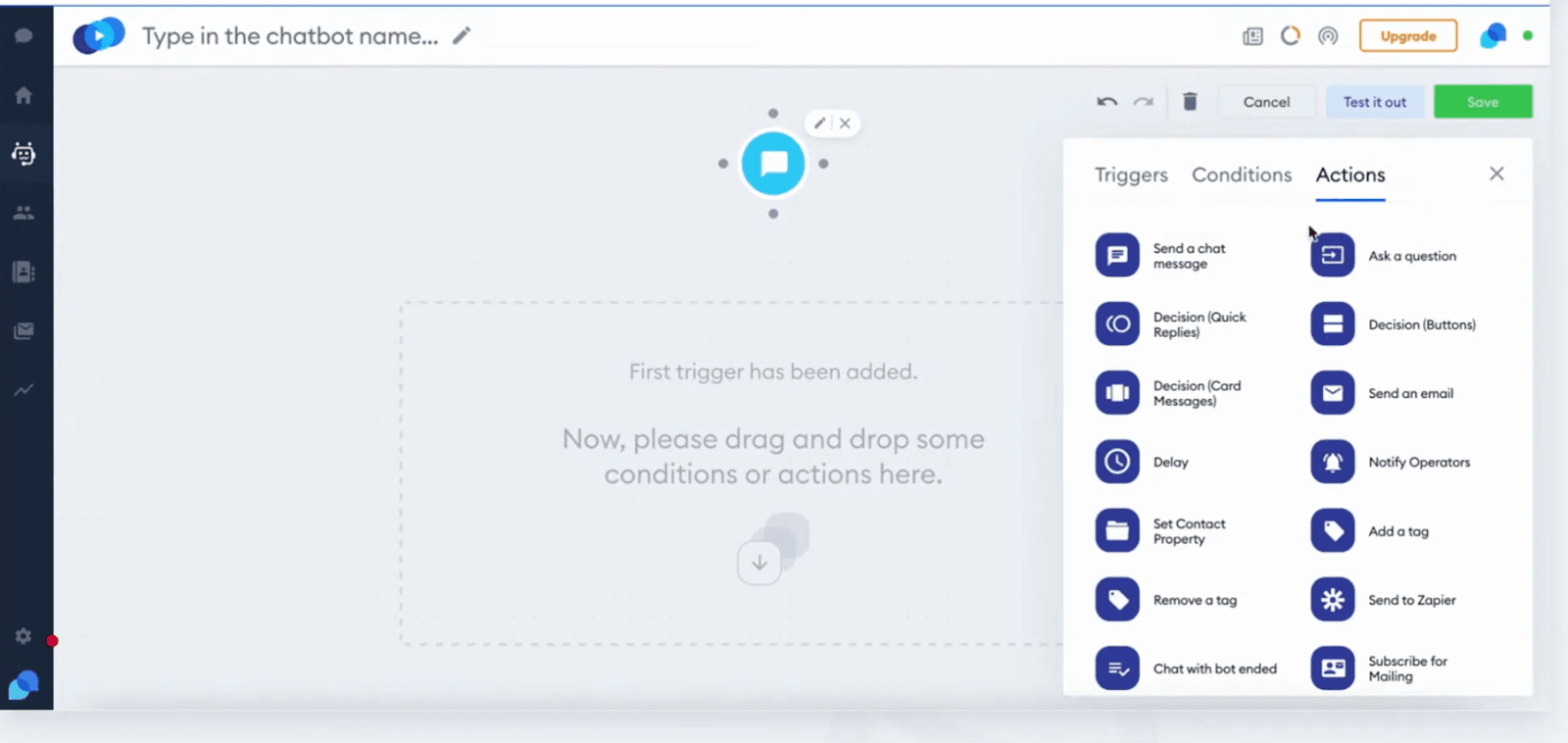
Use Conditions to tailor responses based on user input.
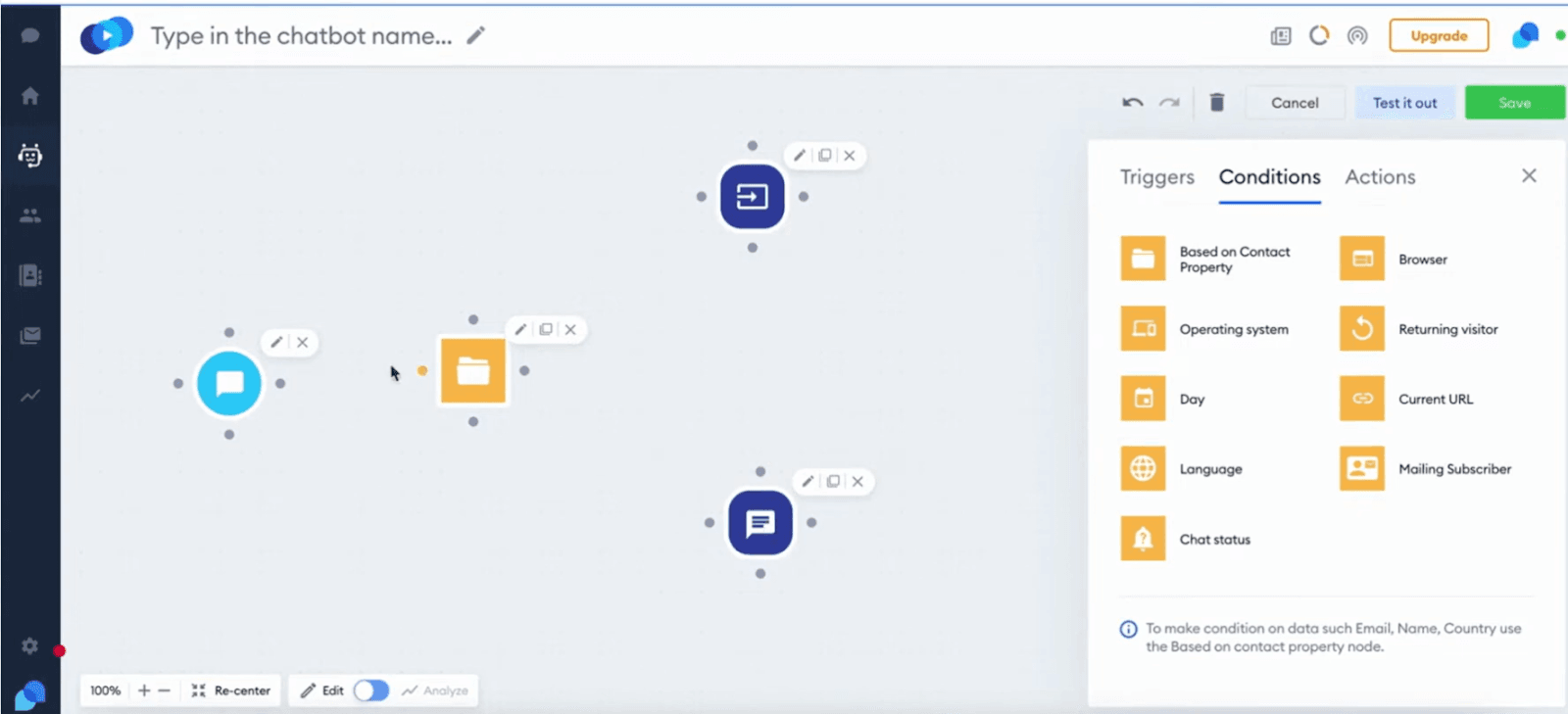
Connect all elements properly, ensuring logical transitions from one step to another.
Step 5: Test & Launch Your Chatbot
Use the Test Option to experiment with the chatbot before deploying it. Try interacting with it to ensure a smooth user experience.
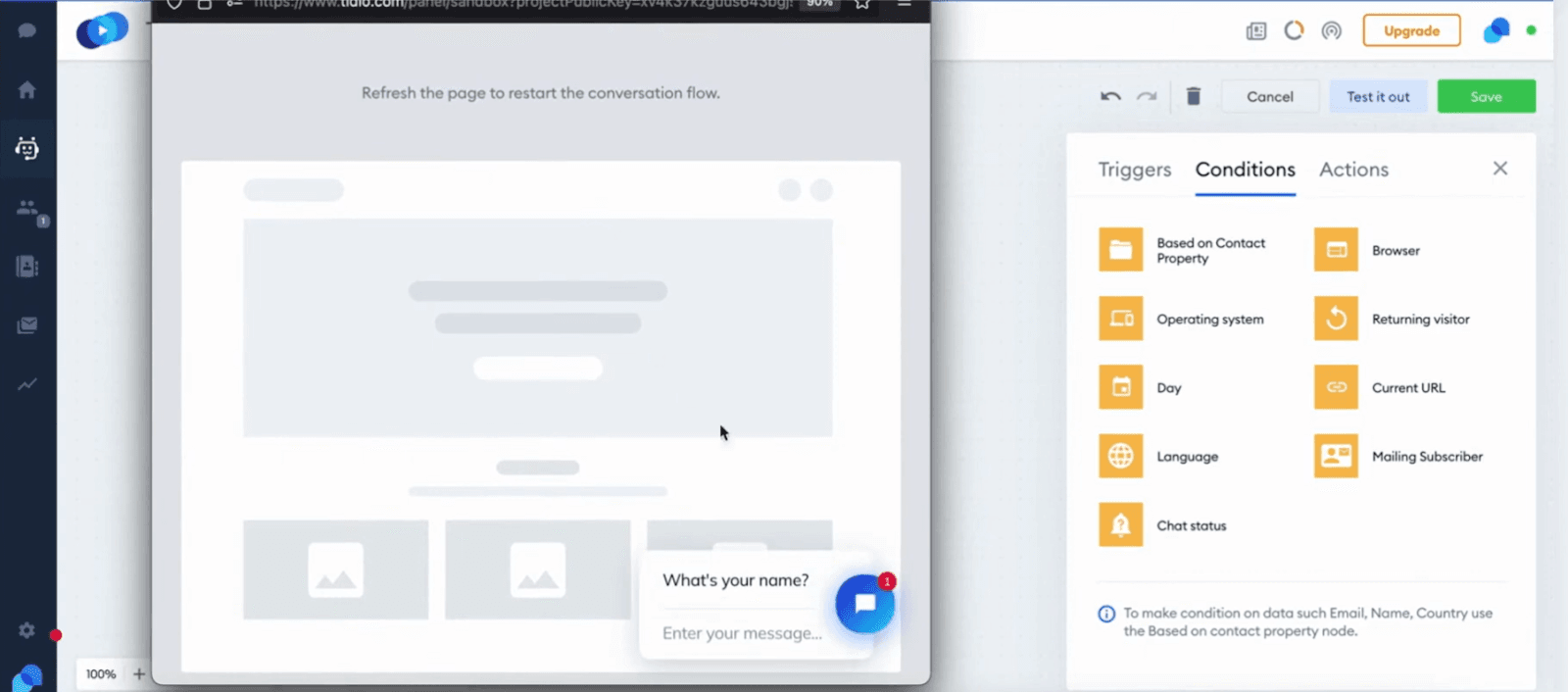
Once satisfied, click Save—your chatbot is ready to assist users!
Make sure to disclose that your chatbot is AI-powered in your website’s privacy policy. This builds trust with users and keeps everything compliant.
Tidio’s Limitations—and a Smarter Alternative
While building a chatbot on Tidio may seem straightforward, it’s important to be aware of some underlying limitations. Tidio, despite its intuitive interface, comes with certain drawbacks such as:
Limited Customization Options
Basic Analytics and Reporting
A Complex Interface for Advanced Features
Incompatibility with Certain CRM and CMS Systems
Higher Pricing Compared to Competitors
If you're looking for a more scalable and cost-effective solution, Heltar is worth exploring. Tailored for small and medium enterprises (SMEs), Heltar delivers greater flexibility, advanced features, and top-tier support—without the premium price tag.
Tidio vs Heltar: A Comparison
Metric | Tidio | Heltar |
Base Subscription Fee | Expensive - Starts $24.17/month | Lower, budget-friendly - Starts $11.75/month |
Pricing Structure | Tiered, complex | Simplified, transparent |
Base plan Conversations limit | 100/month | 1000-5000/month |
Customer Support | Limited (No setup support in Starter and Growth plan) | Full support for all customers |
User Interface | Complex & Difficult to navigate | Intuitive & user-friendly |
Whether you’re starting fresh or planning to switch BSPs, Heltar offers a smooth transition process. You can start with a free trial or book a demo to explore the platform firsthand.
Need help with the migration? Check out our guide: All You Need to Know About WhatsApp Business API BSP Migration.
For more tips, insights, and success strategies, explore the Heltar Blogs.
